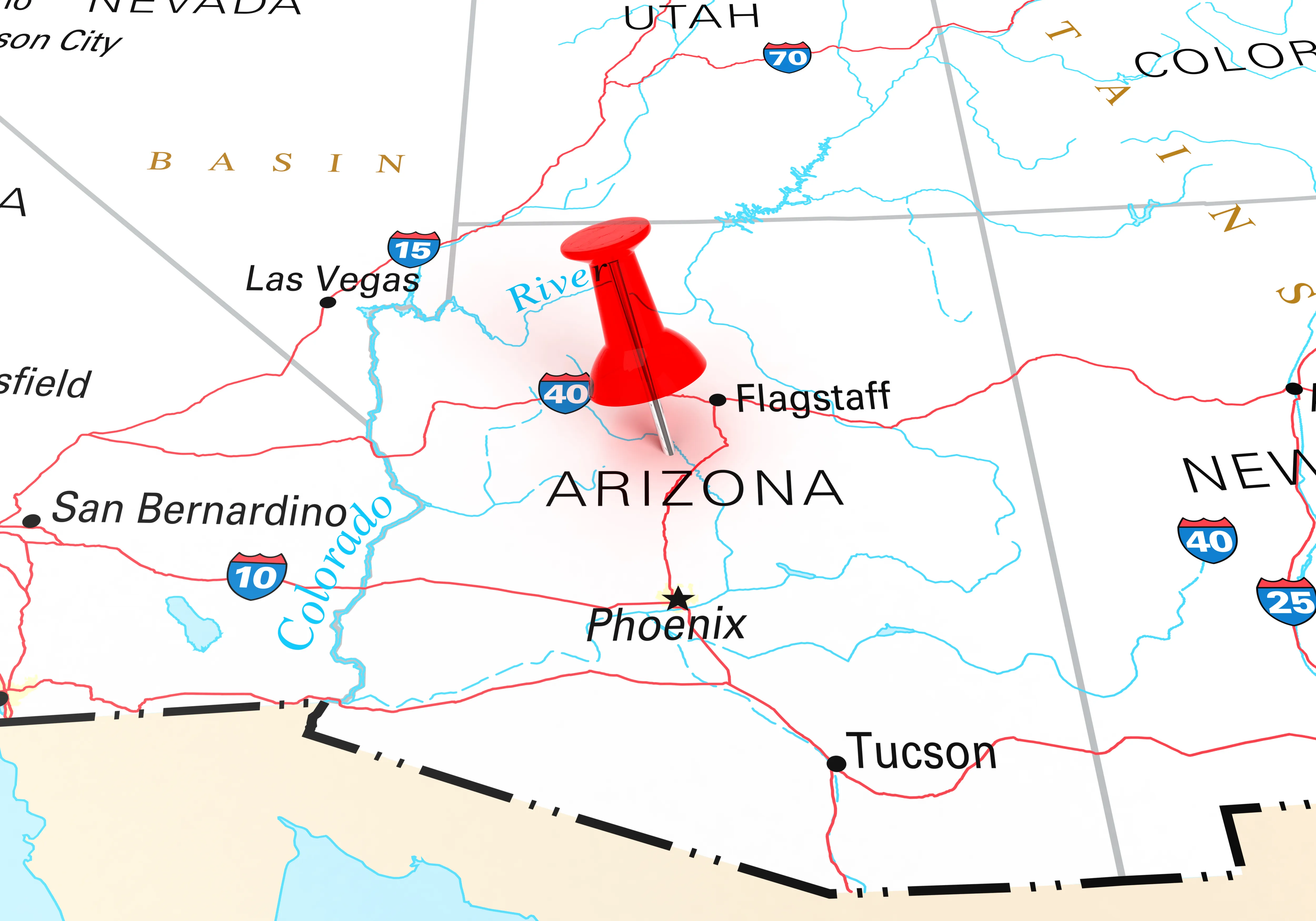
New laws take effect this year to protect California consumers
© tussik13 - iStock-908521486
Click play to listen to this article.
Two new laws designed to protect California consumers take effect this year - cracking down on hard-to-cancel subscriptions and certain types of bank fees.
Assembly bill 2863 - which takes effect July 1 - will require subscription services to be as easy to cancel as they are to sign onto.
Robert Herrell - executive director of the Consumer Federation of California - said right now, canceling a recurring subscription can be a time-consuming nightmare.

"And that's not a bug in the system. That's a feature of those systems," said Herrell. "Many companies know that if they make it really hard for you to cancel, people will just either give up or forget about it, or whatever."
The new Click or Call to Cancel law also requires companies to remind customers once a year that the subscription is active.
The Federal Trade Commission just passed a similar national rule, which is already being challenged in court.
It's unclear whether the new Republican majority will challenge the regulation under the Congressional Review Act.
A second law - which took effect January 1 - bans state-chartered banks and credit unions from charging fees for non-sufficient funds, in cases where the card was rejected and the sale never went through.
Herrell noted that state data show these NSF fees, which can be up to $40 each, are very lucrative for financial institutions.
"A scary number of state-chartered credit unions are absolutely addicted to this revenue stream," said Herrell. "And what that means is that they are profiting directly off the backs of poor, working-class people, because that's what the data overwhelmingly shows about who's paying NSF."
More good news - starting in February more financial institutions must register with the state and submit data for monitoring.
These include companies that provide debt settlement, student debt relief, financing of private post-secondary education, and income-based cash advances.
















